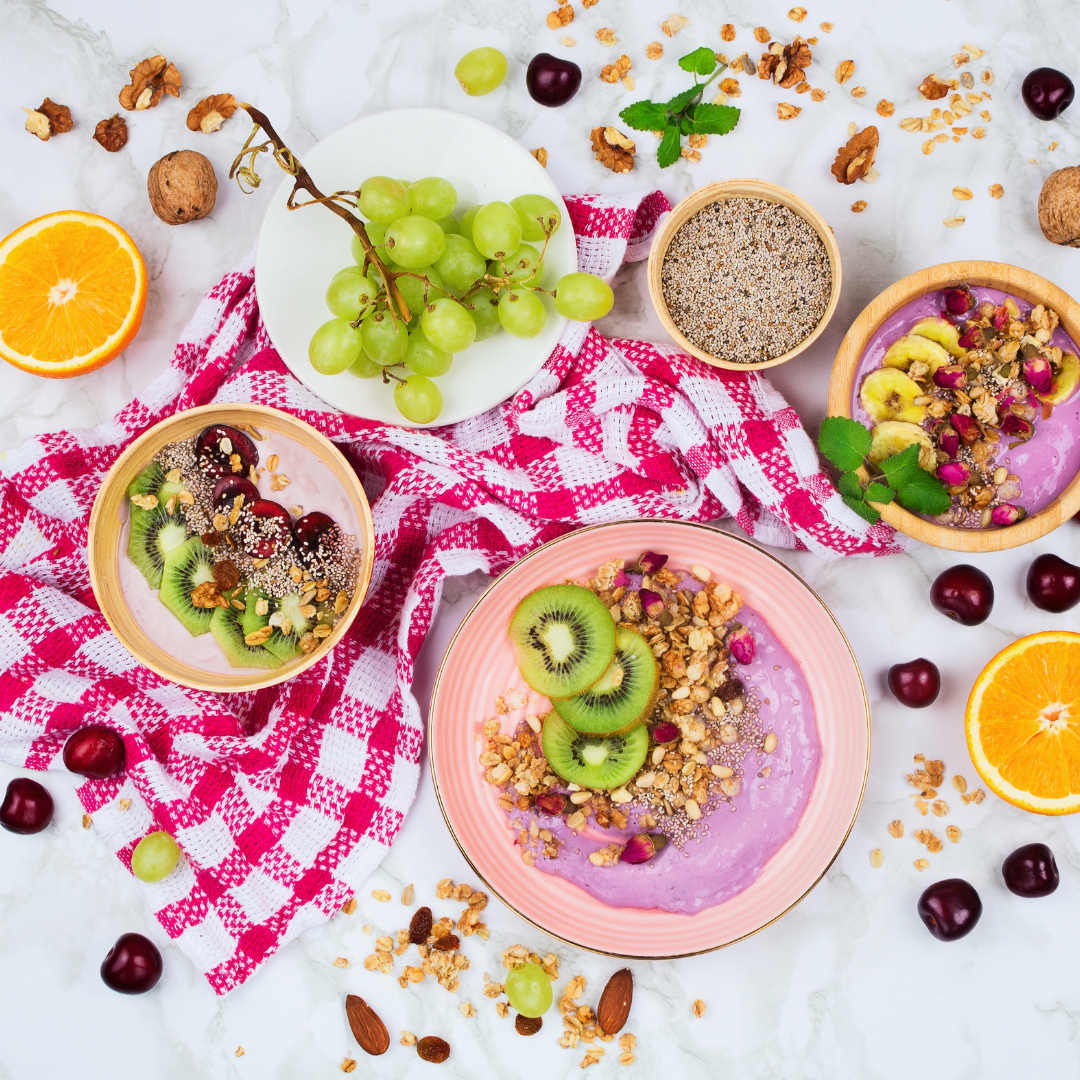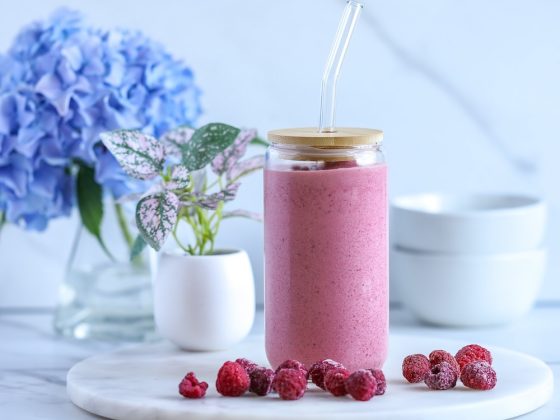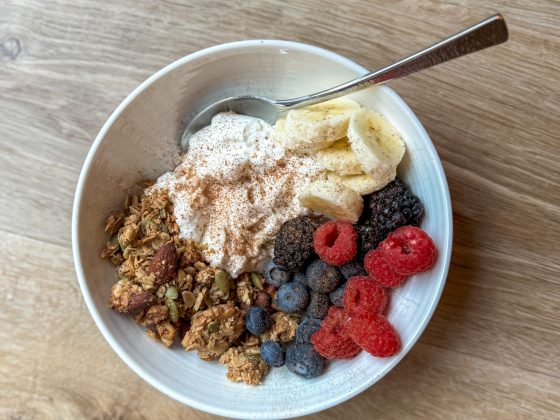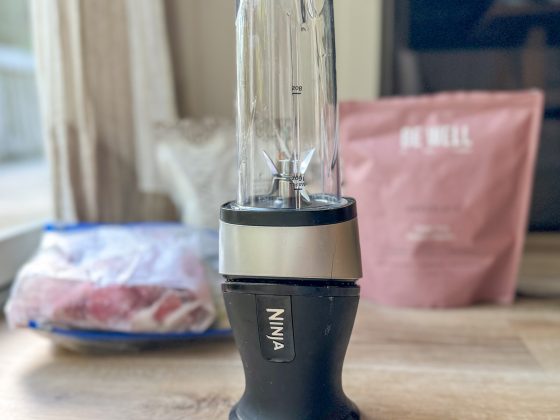Thinking of going plant-based? You’re not alone. A recent survey conducted in 2020 found 48% of people choose to follow a plant-based diet for environmental reasons, an increase of 17% since 2018. People tend to go plant-based for other reasons, including diet, saving money, and more. Here, we breakdown the most common myths about a plant-based diet according to experts in the field.
Myth #1: You cannot get sufficient protein from a plant-based diet.
This is one of the most common concerns with a plant-based diet, but there’s nothing really to worry about. Protein is found in all foods, it near impossible to have protein deficiency with a well-balanced diet. Plant-based foods rich in protein include tofu, lentils, beans, nuts, seeds and whole grains. Many of these foods will also keep you satiated, meaning you’ll feel fuller longer.
“Protein is usually the last nutrient I worry about. It’s nearly impossible to be protein deficient if you’re getting enough calories. Per calorie, plant foods have just as much or more protein than meat and dairy, and without all the saturated fat and cholesterol. Whole grains, nuts, and seeds, beans, and tofu are all great sources of protein,” says Dr. Jackie Busse, MD, FAAP, a board-certified pediatrician specializing in plant-based nutrition.
Individuals who need more protein like children, seniors and even highly active adults can get their daily recommended amount of protein from plant-based foods. Many trainers and high-performance athletes embrace plant-based and plant-forward diets for better nutrition while staying fit.
Myth #2: A plant-based diet is low in calcium.
Calcium is an important essential mineral that’s crucial for bone health, heartbeat regulation and effective blood clotting. Since most dairy products have calcium, it is easy to believe that a plant-based diet will not provide adequate calcium. However, many calcium-rich foods come from plant-based foods.
Dark, leafy green vegetables have a variety of health benefits, such as high amounts of calcium. For example, one cup of cooked collard greens has 268 mg — about a quarter of the recommended amount of calcium you need in a day. A popular calcium-rich food eaten by many plant-based eaters is fortified cereal, which contains added vitamins and minerals. Some fortified cereals can deliver up to the full recommended amount of calcium needed per day.
Myth #3: A plant-based diet is expensive.
It’s common to think a plant-based diet may be expensive, but it really depends on where you shop. Many key components of the diet are very affordable. Fruits, veggies, legumes, and beans can be bought frozen or canned at the grocery store. You could even grow your own produce at home to save on fresh goods.
Plant-based substitutes such as vegan cheeses and alternative meat may be quite costly, but these could be considered indulgences rather than regular grocery grabs. Many of them can be made at home with whole foods, such as veggie burgers or coconut milk cheesecake. Not only will this keep costs low, it will give you more nutrients with minimally-processed foods.
Myth 4: Plant-based diets are not safe for children.
Despite the soaring popularity of the plant-based diets in recent years, many pediatric experts have criticized it for nutritional inadequacy. Current research shows that individuals of any age following a complete vegan diet are at risk for deficiencies in vitamin D, calcium, iron, omega-3 fatty acids and vitamin B12. It can be safe if gained through food or supplementation. Both the American Academy of Pediatrics and the Academy of Nutrition and Dietetics has deemed a plant-based diet safe for children.
In fact, research has suggested that a plant-based diet is extremely beneficial to children as it instills healthy eating habits early-on. A 2018 paper published in Nutrition Reviews found that a plant-based diet during childhood reduces the risk for cardiovascular disease in adulthood while promoting longevity and good health. “Plant-based kids benefit from decreased rates of a myriad of acute and chronic diseases including obesity, asthma, eczema, allergies, constipation, heart disease, diabetes, and several cancers. They have improved immune function and optimal gut health and have normal growth and development,” says Dr. Busse.
Myth #5: A plant-based diet is too restrictive.
You don’t have to eat a strict diet of fruits and vegetables to be plant-based. There are a whole world of options. It just takes an open-mind. Focus on what you can eat instead of brooding over the foods you plan to limit or avoid.
It also takes a creative perspective to recreate almost anything you want with plant-based foods. Legumes and vegetables are very versatile. You can dress them up with any spices and seasoning you like for a tasty meal. These days, there are plenty of plant-based options in grocery stores, restaurants, and cafes. You can also remove the meat off of many dishes, such as ordering a lettuce and tomato sandwich without the bacon.
If you’re interested in going plant-based, “start by adding plants to every meal. Think about the different types of plant foods: Fruits, veggies, greens, legumes, grains, and nuts, and explore all of them. Get excited about a recipe or a farm-share. Some non-vegan foods are simple to swap out such as dairy for plant-based milk and others can be slowly crowded off of the plate,” says Dr. Sari Eitches, MD, an integrative internist based in Los Angeles.










